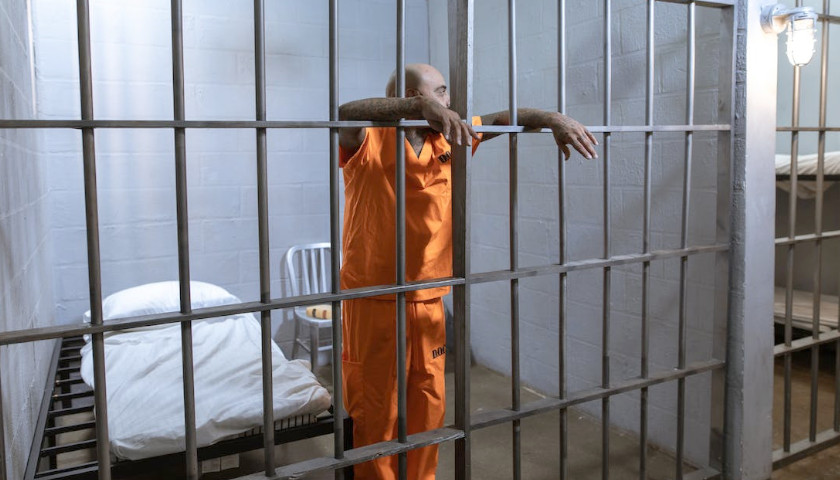by Andrew Powell
A new bill has been filed in the Florida Legislature that would allow nonviolent offenders to receive parole after serving a certain amount of prison time.
House Bill 223 is sponsored by state Rep. Alina Garcia, R-Miami, and would make provisions for parole granted to nonviolent prisoners under certain circumstances while retaining jurisdiction for courts.
The bill text states that every offender who has served a minimum of 20 years in prison for their first felony and has had a good record while incarcerated will be eligible to have an interview with a parole review board.
Exceptions include convictions that require the person to register as a sexual predator or sexual offender.
Those convicted of murder, manslaughter, robbery, burglary where a person was present, aggravated assault, aggravated battery, kidnapping, arson or any other felony involving a firearm or deadly weapon are also exempt.
The bill further states that at the time of sentencing, the trial judge overseeing the case can enter an order retaining jurisdiction — with justification — over the offender for a review of a commission release order. This jurisdiction is limited to the first one-third of the maximum sentence imposed.
Offenders who remain under the jurisdiction of their respective trial judge are also not able to accrue gain time and are unable to be released during the first one-third of their sentence because of gain time.
Similar criminal reform bills were filed during the 2023 session, including HB 605, which would have revised the eligibility criteria under which a person can petition a court to expunge a criminal history record if the court dismisses a charging document.
The bill passed with bipartisan support but was vetoed by Gov. Ron DeSantis.
HB 1637 would have required the Florida Commission on Offender Review and the Department of Corrections to jointly administer a voluntary long-term inmate program to deliver evidence-based programming including community service and enrichment programs.
The bill was specifically designed for inmates who are eligible for parole. However, it died in committee after its first reading.
HB 115 was also nixed in committee and would have specified that the primary purpose of incarceration is to rehabilitate the offender to successfully transition back into the community while reducing an offender’s minimum served sentence from 85% to 65%.
– – –
Andrew Powell is a contributor to The Center Square.








